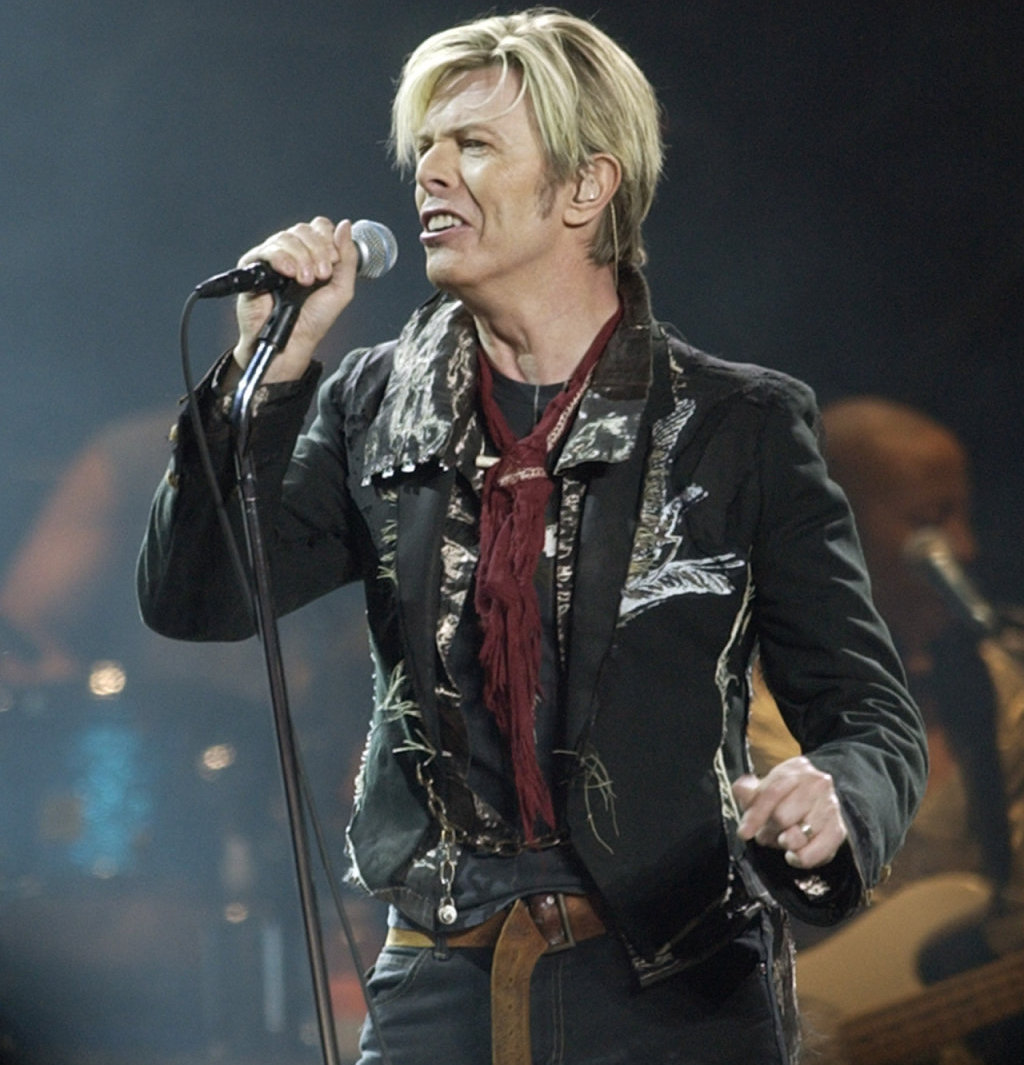David Bowie: A stellar career that spanned more than four decades
David Bowie was one of Britain’s most successful, pioneering and influential songwriters for four decades. Born David Jones in London in 1947 in Brixton, he picked up the saxophone aged 13 and began singing with his first band at 15 before rising to fame in 1969 with Space Oddity. Bowie’s website’s biography describes him as someone who “elevated his music to what can only be described as an art form”. He released 26 studio albums, 9 live albums, 46 compilation albums, 5 EPs and 111 singles. Five of his songs reached number one in the UK charts.
For a music fan he was everything. There is no part of my love of music where his influence didn’t touch. It wasn’t just the sound; it was the look and the attitude.
Former NME editor Krissi Murison
His first album, David Bowie, was released in 1967 and was followed by Space Oddity in 1969 and The Man Who Sold The World, in April 1971. Three months later his then wife Angie gave birth to their son, Duncan Zowie Haywood Bowie. The singer dropped out of the public eye in the early 80s while focussing on film projects which saw him play the lead role in The Hunger in 1982 and the Goblin King Jareth in the hugely successful Labyrinth in 1986. His life, career and influences were the focus of the David Bowie Is exhibition which began at London’s Victoria and Albert museum in 2013 and which is currently showing in the Netherlands.

Arts David Bowie